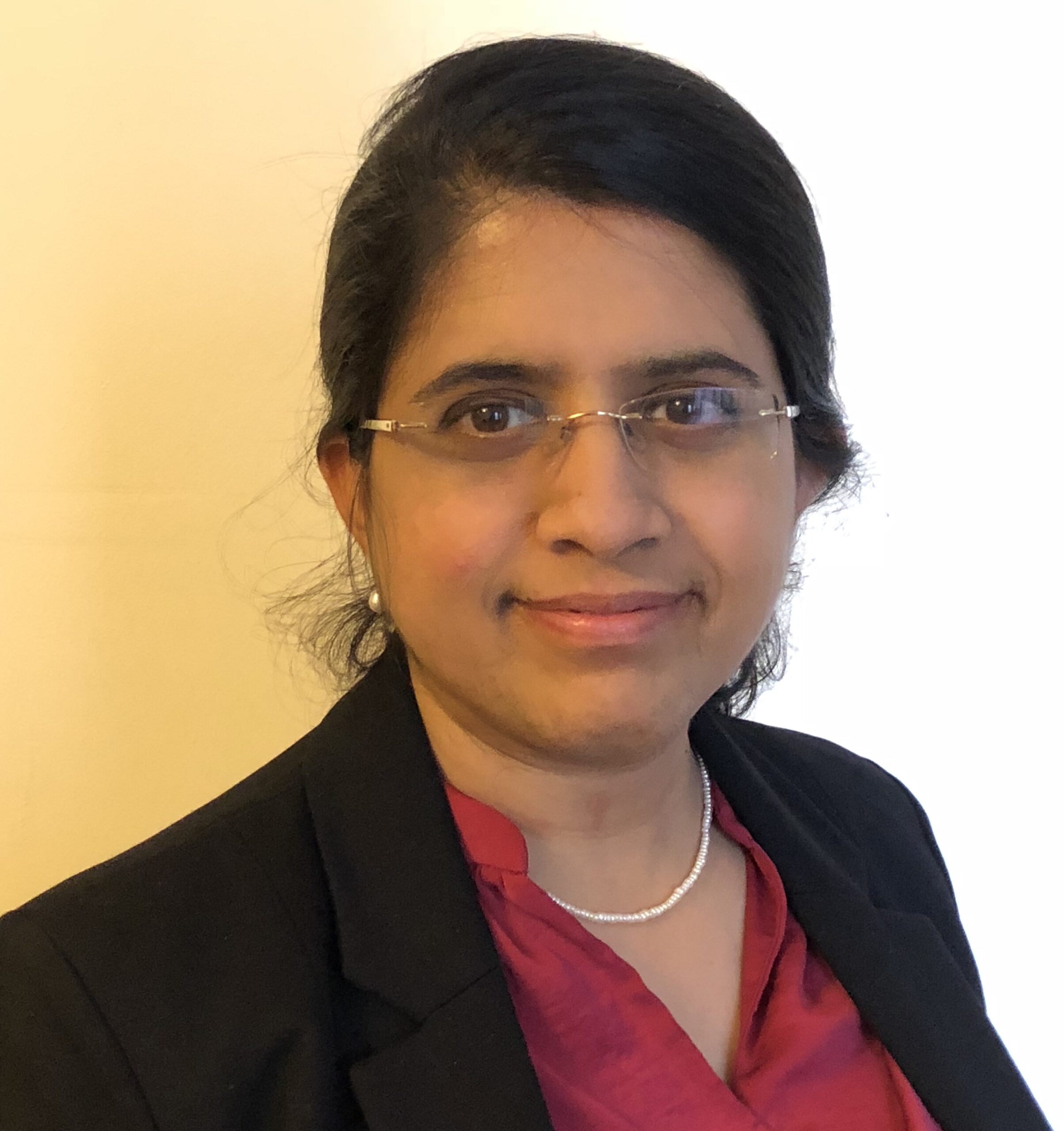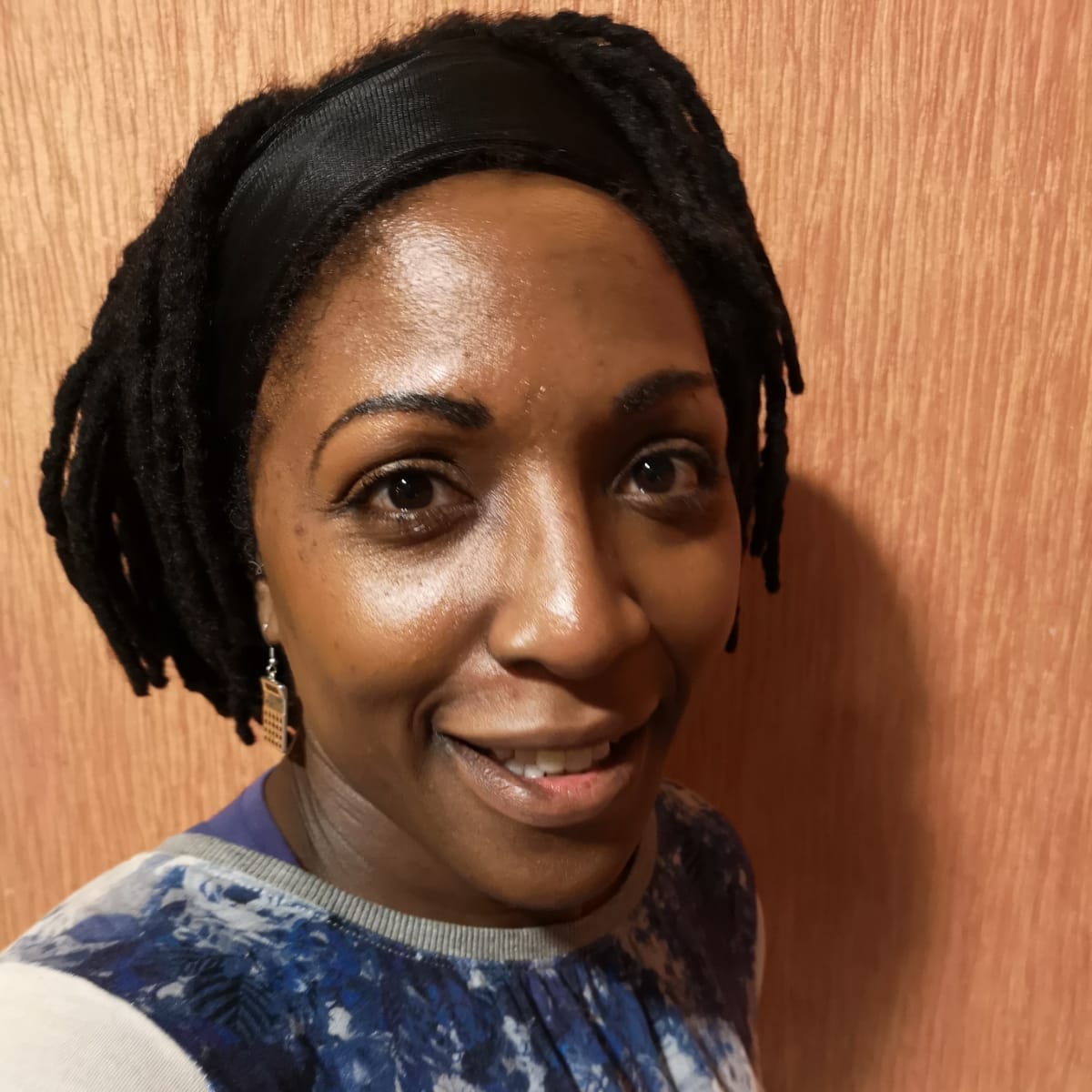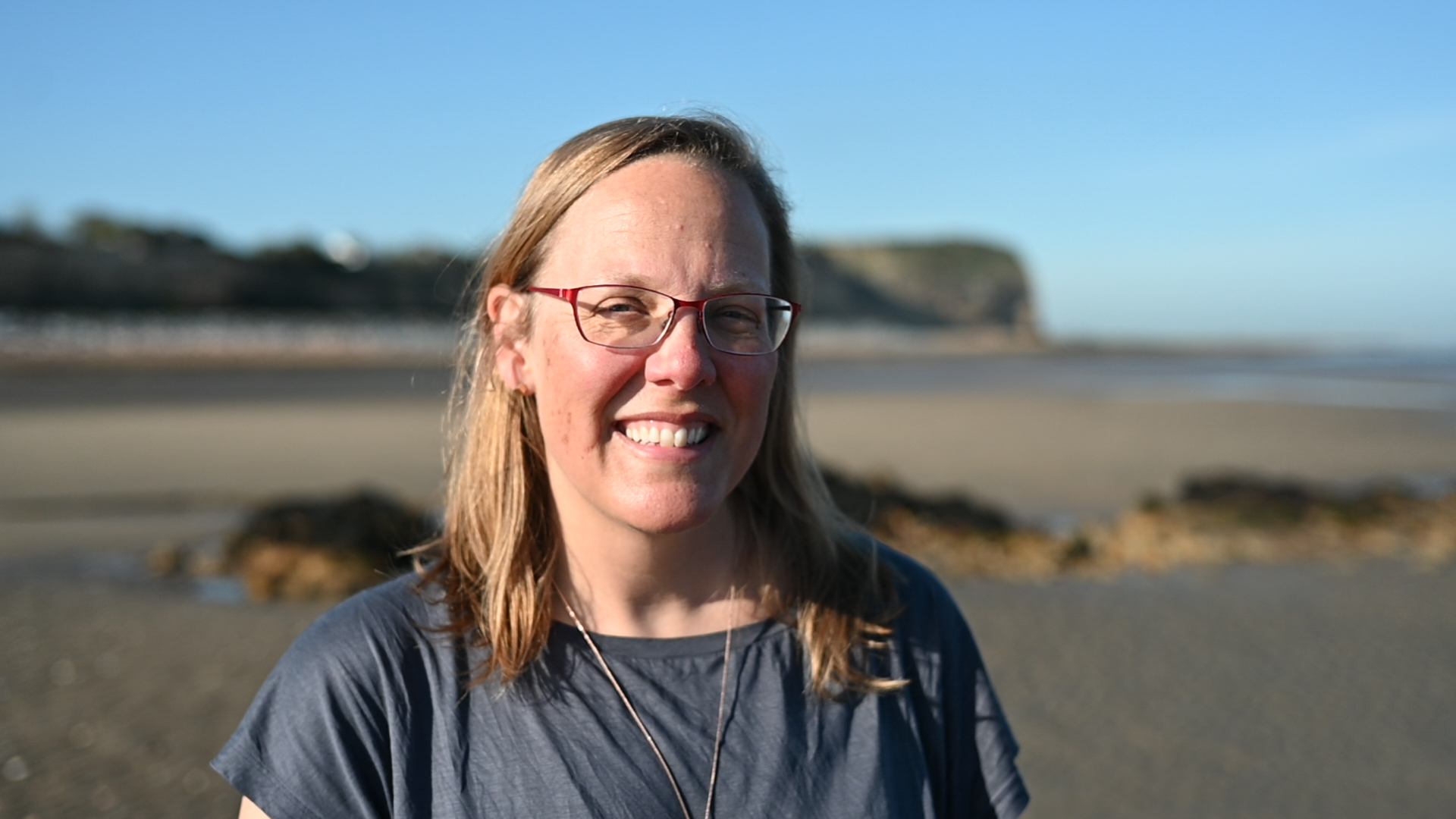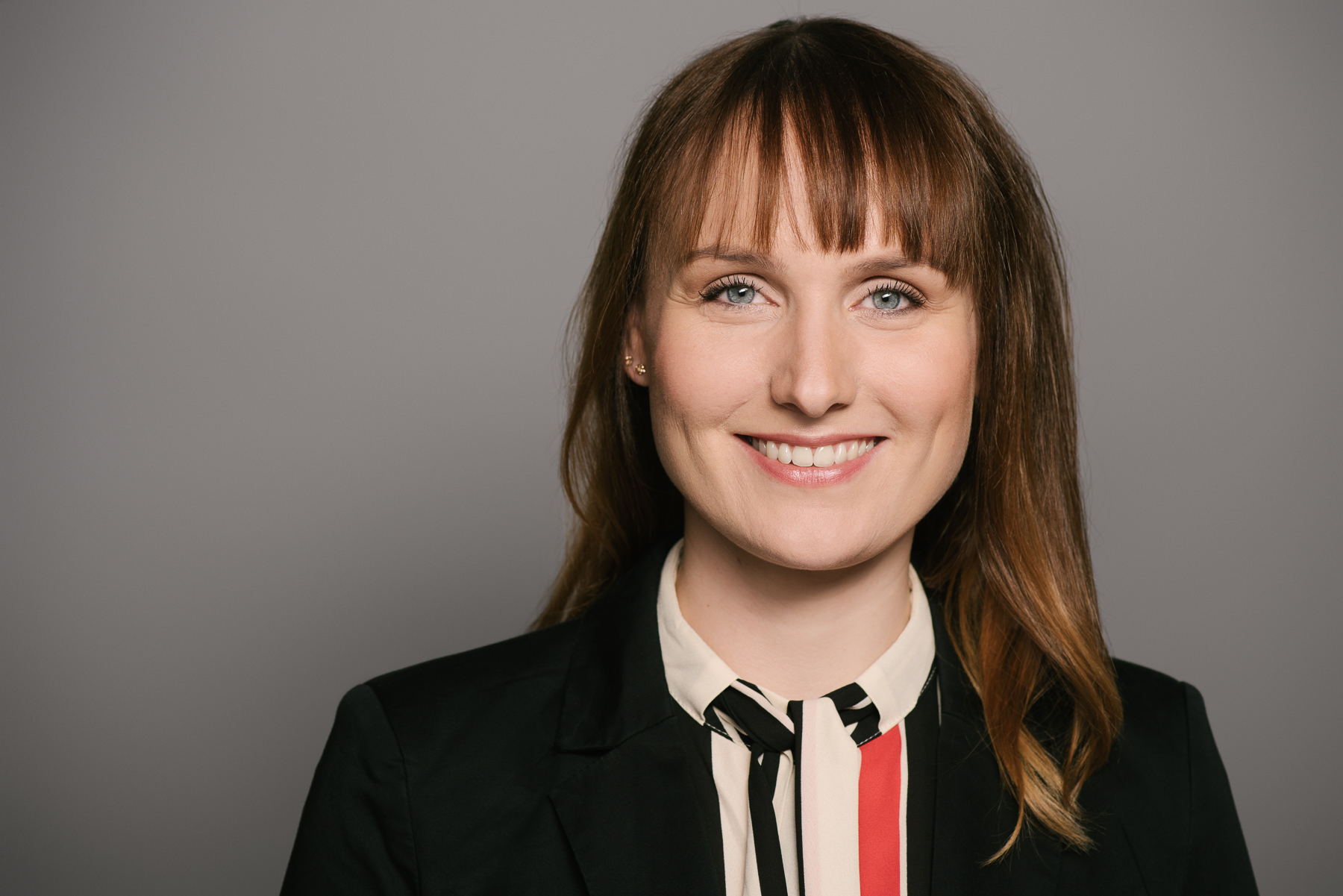Born in India • Studied Applied Mathematics at New Jersey Institute of Technology in New Jersey, USA • Highest Degree PhD in Applied Mathematics • Lives in Chicago, USA • Occupation Science communicator and Digital marketer
Growing up in India in the 90s and early 2000s, becoming a software engineer was a rage! The country’s obsession with software engineering was second only to a lucrative career in medicine. Although I went through a similar grind and familial expectations, by the time I finished high school, my mind was fraught with a constant debate between pursuing the software engineering versus physical sciences route such as math or physics – two of my favorite subjects in school. However, not being proficient at writing software codes it was easy to narrow down my choice. Experiencing calculus, vectors and 3D geometry in high school had piqued my interest enough to pursue my Bachelor’s in pure mathematics.
While my passion and curiosity for math never waned all through college, I started to wonder about the practical applicability of math in daily life. To this end, I started researching for universities with an applied mathematics graduate program. My foray into research started as a PhD student at New Jersey Institute of Technology (NJIT) where scientists applied math models to explore diverse phenomena ranging from detecting underwater submarines to the complex workings of the human body. These studies exposed me to the repertoire of math and also led me to think why I was oblivious to it until then. Perhaps it was the lack of communication, which stifled a wider appreciation.
I learnt how to translate, synthesize and communicate complex math equations in a manner that the biologists could easily relate to.
After completing my PhD, I did a couple of postdoctoral fellowships, during which I had frequent interactions with our biologist collaborators. I learnt how to translate, synthesize and communicate complex math equations in a manner that the biologists could easily relate to. In a way, I felt this was my first taste of “science communication” that left me wanting for more; since it bothered me persistently that I was still communicating science among scientists.
At this juncture, I got an opportunity to freelance as a science writer for an online English language newspaper based in Germany – ‘The Munich Eye’, (TME). I took this up as a challenge to disseminate science to a wider audience. A few years into this experience made me realize that I was happier communicating science than doing the science myself. I decided to switch gears and pursue a career in science communication. To shore up my science communication skill sets, I pursued a Master’s degree in science journalism at Northwestern University. I have never looked back since then and consider it to be one of my best career decisions.
Something that I encountered quite frequently as a science communicator was that scientists often struggled (or perhaps were reluctant) to be good marketers of their own work.
As a science writer, I freelanced for several popular science online and print outlets, communicating in lay a wide gamut of technical topics from climate change to science policy. I found that my technical expertise and research experience always came in handy when sifting through scientific work and translating them into easy-to-digest summaries. Until recently, I worked at a non-profit organization, communicating dementia science to a diverse set of stakeholders including the general public and donors.
Something that I encountered quite frequently as a science communicator was that scientists often struggled (or perhaps were reluctant) to be good marketers of their own work. Understandably, part of this fear stems from the philosophy of not wanting to brag about one’s own research findings. However, I found this to be an interesting challenge – how do you then make an obscure field such as STEM also appealing to a lay audience? To this end, I recently completed an online certificate course in digital marketing from Northwestern Kellogg School of Management. I now look forward to applying my digital marketing and communications skill sets to promoting better awareness of science and enhancing public engagement between researchers and the general public.
Although you may think as a PhD you are solely trained to specialize in a niche area, doctoral training provides several useful skill sets (…).
Does all of this mean my PhD degree is not being put to any use? Absolutely not! Although you may think as a PhD you are solely trained to specialize in a niche area, doctoral training provides several useful skill sets such as writing, researching, mentoring, managing projects etc. coupled with professional life hacks such as resilience and tenacity, among others. I find myself regularly applying these handy skill sets in any work setting. I believe my academic background has better prepared me to have a fulfilling career in science communication and marketing in several indirect ways, for which I am forever grateful.







Recent Comments